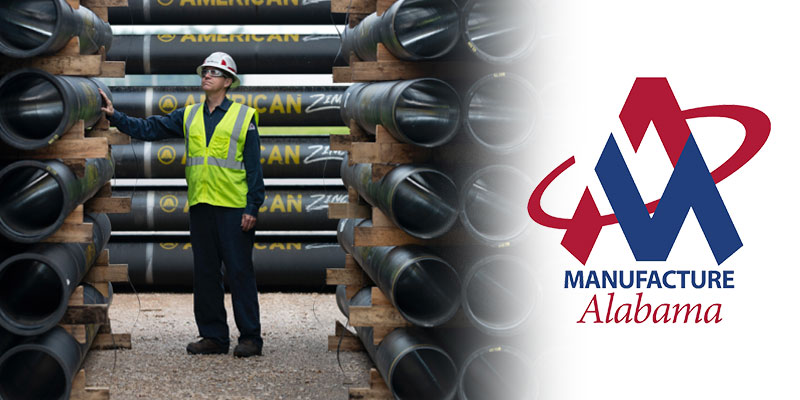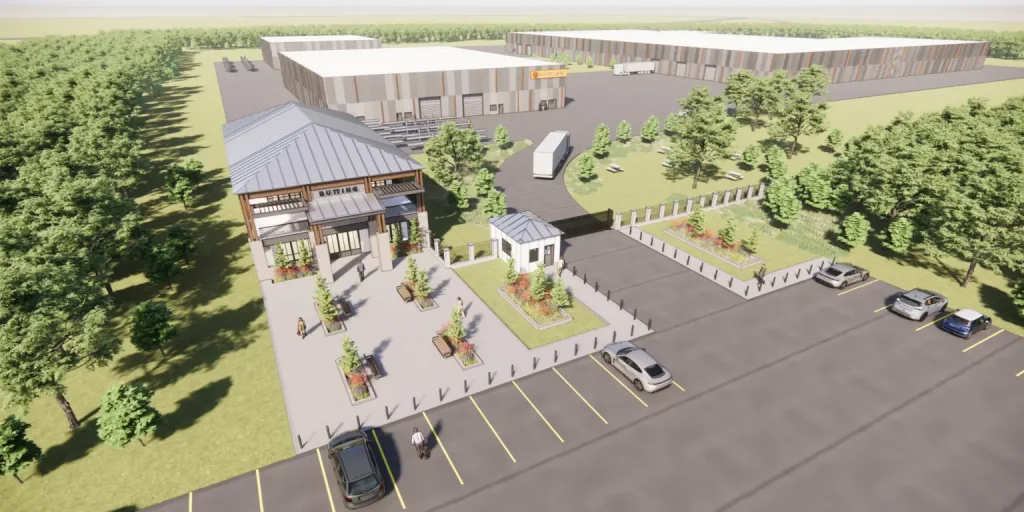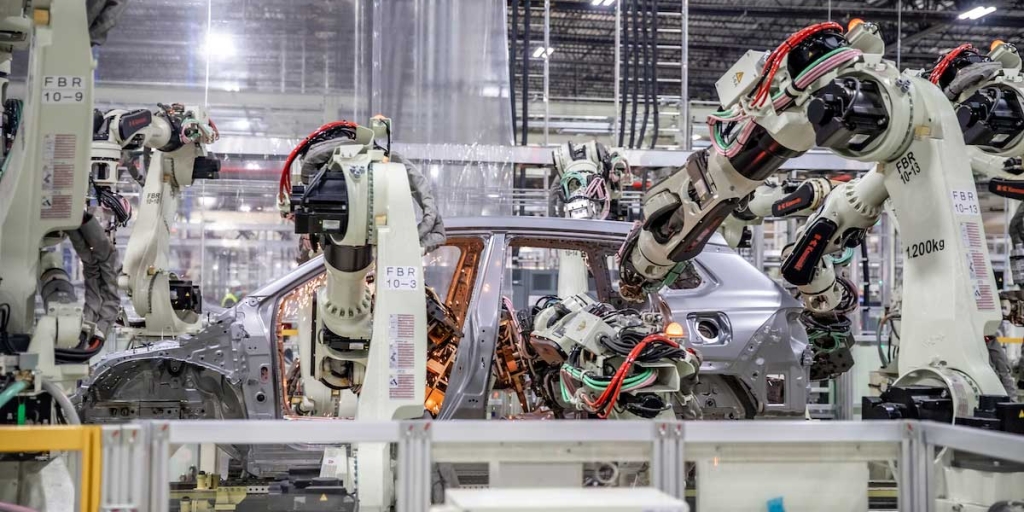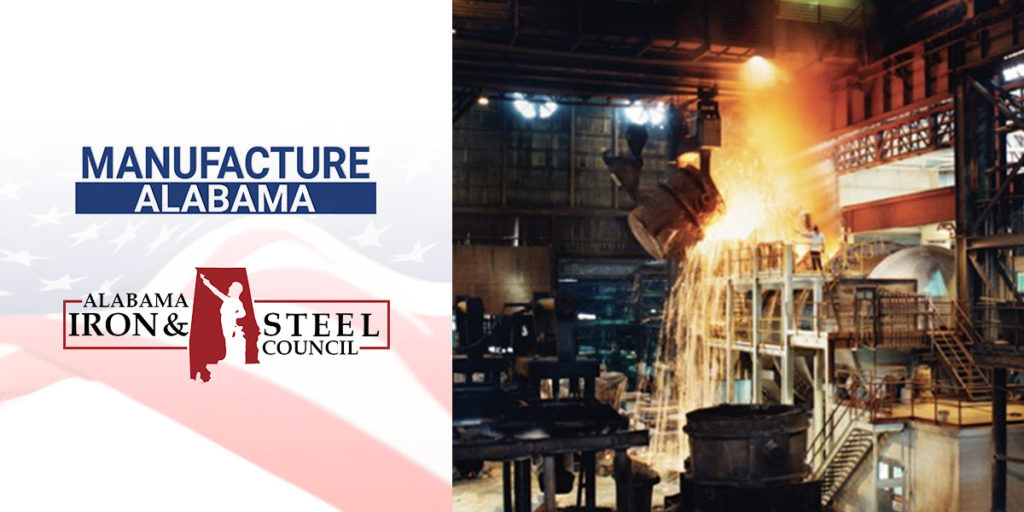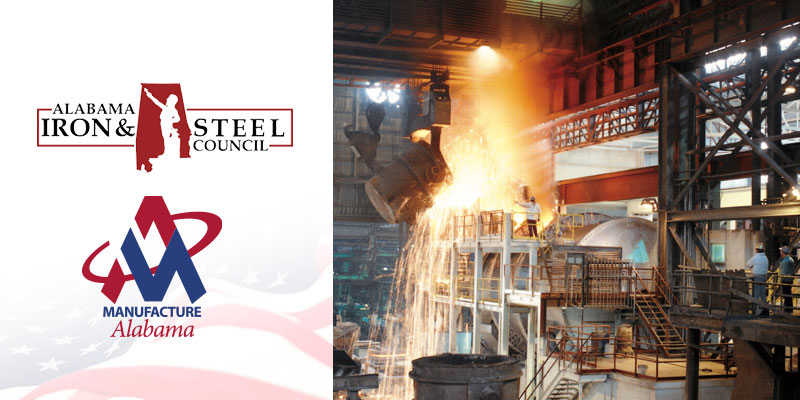This is National Drinking Water Week, a week in which we highlight the essential role of drinking water in our society and economy. Given the current environment, the dependability of our public water supply is probably more appreciated than in years past. But how did we get here?
Municipal water systems are a more recent development than many realize. In the late 1800s and early 1900s, workers and their families moved from rural areas and cities grew to support the factories driving the Industrial Revolution. Many got their water from a well in the backyard and used a nearby outhouse in the same back yard. Waterborne disease was common, and in what seems too familiar today, it was not unusual for cities to lose tens of thousands to fevers and other water-borne diseases, especially in hot summers. Visionary leaders in various locales across the country 150 to 120 years ago saw the need and the resultant benefits of municipal water systems.
As a result, clean water is the greatest advancement in public health in the history of the world. We see clean water ministries and initiatives around the world today and they are worthy of our support. We take for granted here in America that our tap has clean and pure water safe to drink, cook, and bathe. And while the price we pay for this precious and necessary component of our lives is moving toward the cost to provide it, it remains the greatest value in our budgets.
When these municipal water systems were built, options were few, and cast iron was the pipe material of choice. With a plethora of contemporary material options today, modern ductile iron continues to be the strongest, most sustainable and most resilient material. Ductile iron pipe is made from recycled iron and steel, requires less energy to operate and use, lasts longer, and has greater life-cycle value than seemingly glitzier alternatives. Other pipe materials such as lead, asbestos-cement and PVC have come and most have gone, but iron pipe remains sure and steady as the standard for quality municipal water system construction.
Birmingham, Alabama, is the ductile iron pipe manufacturing capital of America, and many steel mills across our state make coil used to make larger-diameter water pipe. The Alabama Iron and Steel Council is proud to salute our ductile iron and steel members and the products they manufacture to build the world’s safest and most sustainable drinking water systems. Alabama’s iron and steel industry directly employs 14,900 manufacturing jobs and 76,388 indirect jobs providing a multi-billion-dollar payroll and tax base.
So, as you enjoy refreshing, clean, and pure water this week and every week, and as you wash your hands with soap and clean water each hour, think of ductile iron and steel water pipe and the iron and steel industry here in Alabama that manufactures it.
Maury D. Gaston is Chairman of the Alabama Iron and Steel Council, a council of Manufacture Alabama, and a Director and past Chairman of the state of Alabama Engineering Hall of Fame. The AISC operates as an independent industry council of Manufacture Alabama, the state’s only trade association dedicated exclusively to manufacturers and their supplier/vendor partners. AISC member companies include AM/NS Calvert, AMERICAN Cast Iron Pipe Company, CMC Steel, McWane, Inc., Nucor Steel, Outokumpu Stainless USA, SSAB Americas, U.S. Pipe & Foundry, United States Steel, Alabama Power Company, Colburn Construction, Inc., ERP Compliant Coke, OMI-Bisco Refractories, O’Neal Manufacturing Services, Reno Refractories, Southeast Gas, and Southern Alloy Corporation. Gaston is a mechanical engineering graduate of Auburn University and Manager of Marketing for American Cast Iron Pipe in Birmingham.




